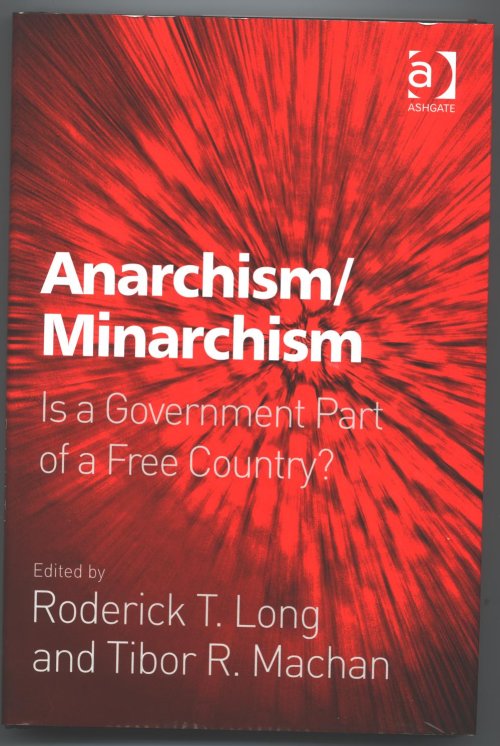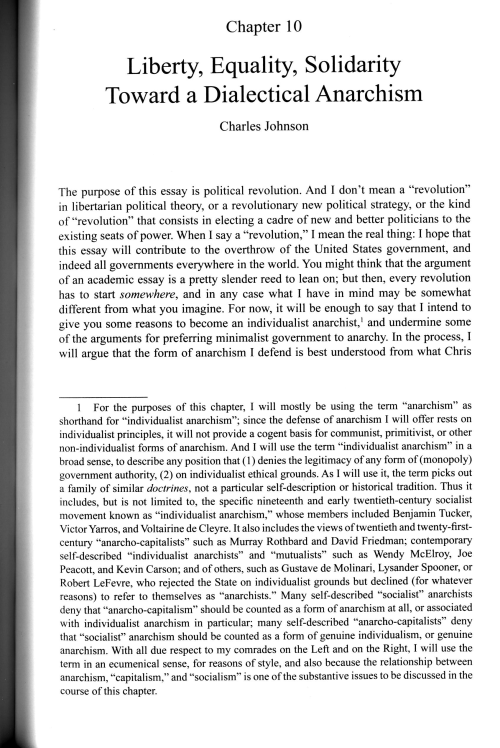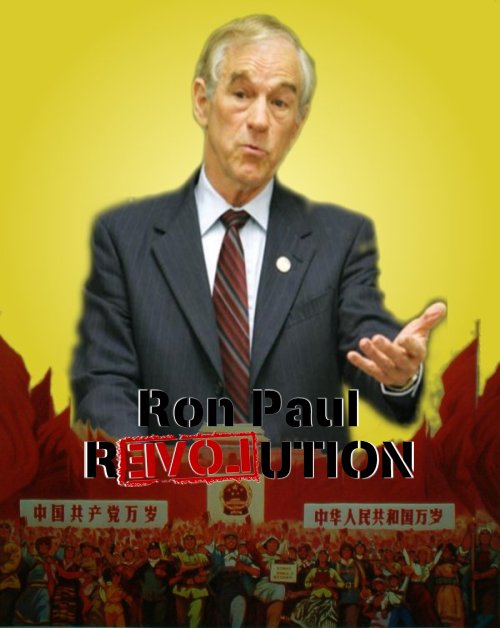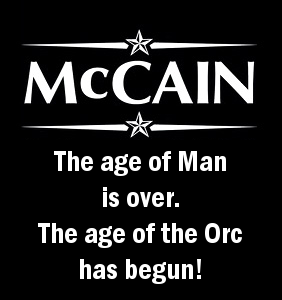Technicalities
Well, I feel kind of dumb.
But, first the good news.
I’ve recently added a new feature to the comments form on this blog. If you have an OpenID identity — and everyone who has a blog through WordPress.com or LiveJournal, or an account with AOL Instant Messenger, already has an OpenID identity — you can now use that to sign your comments on posts at radgeek.com (meanwhile getting a leg up on the comment spam filters).
OpenID is a free and decentralized system for using a single sign-in to vouch for your identity (or, if you prefer, your regular pseudonym) across many different websites. Because it is decentralized, you don’t ever have to turn any sign-in credentials over to this website, and your ID also remains good as long as your homepage exists — unlike single sign-in systems based on centralized providers like Microsoft or Six Apart, it doesn’t get compromised or killed if any one company goes under. It’s a neat project, and very useful for simple ID tasks like signing comments. So I figured I would do my part by enabling the use of OpenID on blog comments here. I downloaded the Alternate OpenID for WordPress plugin to handle the basics, and then set about hacking it to cover the details of how I wanted it to work.
So, the good news is that OpenID sign-ins are, as far as I can tell, up and running and ready for you to use. To use the feature, fill the appropriate URI into the URI field and then mash the button next to your URI to sign in using OpenID. Thus, for example:
- If you want to sign in under your WordPress.com blog, then you can just use the blog’s address for the URI (http://thisismyblog.wordpress.com/ or what have you).
- If you want to sign in under your LiveJournal account, then you can just use the LiveJournal’s URI (http://radgeek.livejournal.com/ or what have you).
- If you want to sign in under your AOL Instant Messenger screen name, then you can use a URI of the form http://openid.aol.com/MyScreenNameHere
After you mash the button, you’ll be shuttled over to your OpenID provider, where they will ask you to sign in, or whatever it is that they do to verify your identity. When you’re done doing that, you should be shuttled back to radgeek.com where you’ll now be recognized by your OpenID address. The OpenID plugin will try to create an intelligent user name to display based on the information you provide it, but if you don’t like the user name it supplies you with, you can click on the user name and edit your name (or any other part of your local record) to your heart’s content. Once you’re satisfied, you can return to the page and post your reply under your OpenID signature. Hooray!
Now, all that said and done, here’s the bad news. While I was tweaking the OpenID plugin, I managed to introduce some changes which, without my knowledge, borked the normal operation of the comments form here. Meaning that if you submitted a comment any time in the last several days, and it hasn’t appeared on the page yet, it’s not because it’s waiting in the moderation queue; it’s because (argh) WordPress lost it, due to said borking. In particular, if you tried to comment on:
- GT 2008-02-13: Liberty, Equality, Solidarity: Toward a Dialectical Anarchism
- GT 2008-02-14: Refuge of Oppression #5: Twofer Tuesday edition
- GT 2008-02-15: Tyranny means never having to say you’re sorry
- GT 2008-02-16: Conservatives do it with class. (Part 2)
- GT 2008-02-16: In two words or fewer: Stop Snitchin’ edition
- GT 2008-02-17: In Ten Words or Fewer: brass tacks edition
- GT 2008-02-18: Cops are here to protect you.
- GT 2008-02-18: Working Within The System comix
- GT 2008-02-19: Death by Homeland Security
- GT 2008-02-20: Over My Shoulder #41: Paul Buhle on establishmentarian unionism, the decline of labor organizing, and the rise of Labor PAC. From Taking Care of Business: Samuel Gompers, George Meany, Lane Kirkland, and the Tragedy of American Labor.
- GT 2008-02-21: Mississippi Corrections
… and your comment hasn’t appeared yet on the site, then it’s because I never got your comment. If you can say again what you had to say then, I’d be very glad to hear it; if not, I understand, and I really apologize for the trouble for this bout of blockheadedness on my part.
I wish that I had a more auspicious occasion for unveiling the new feature on the blog.






